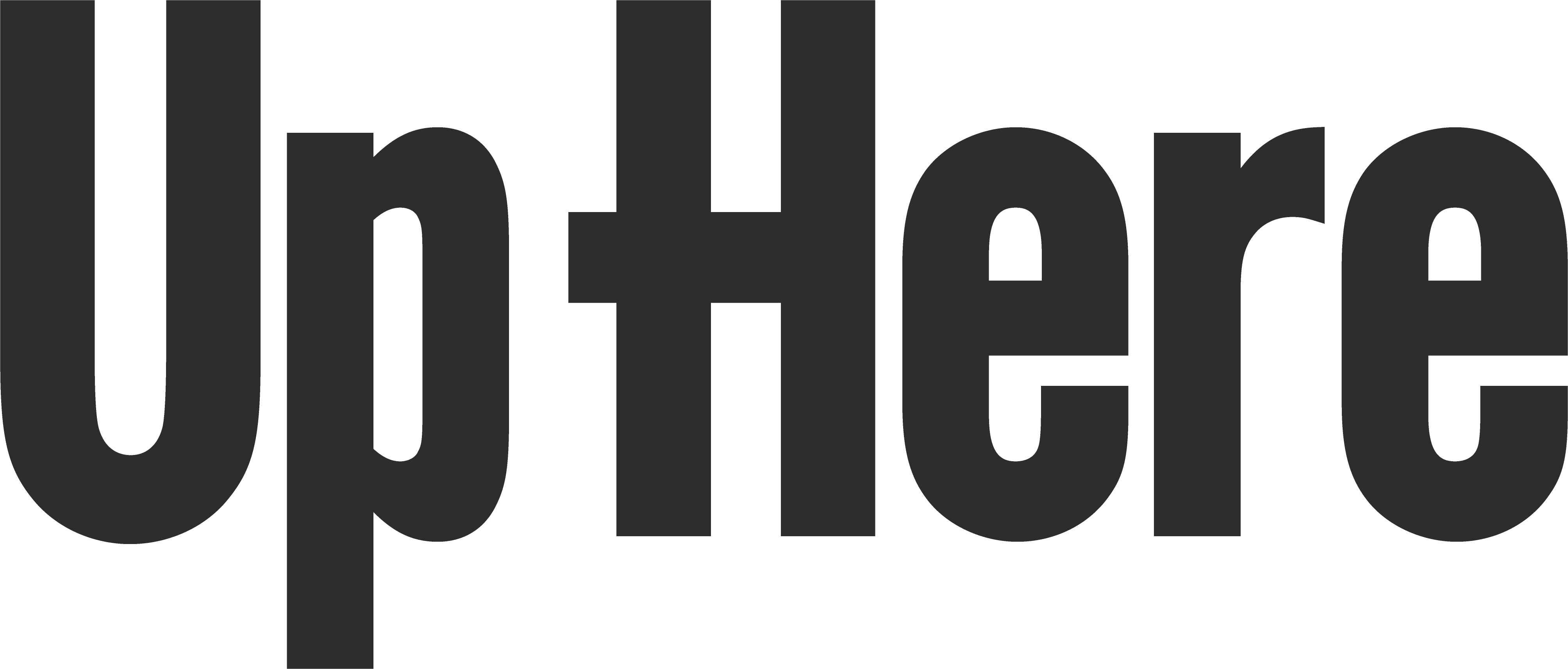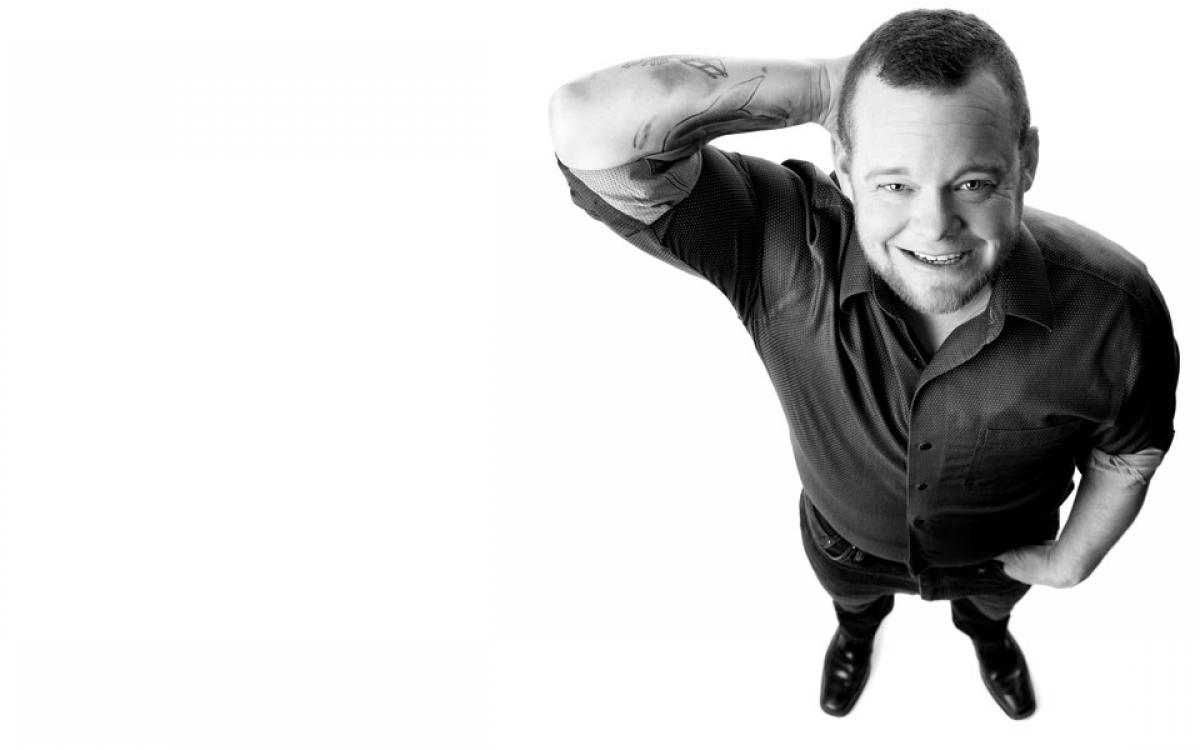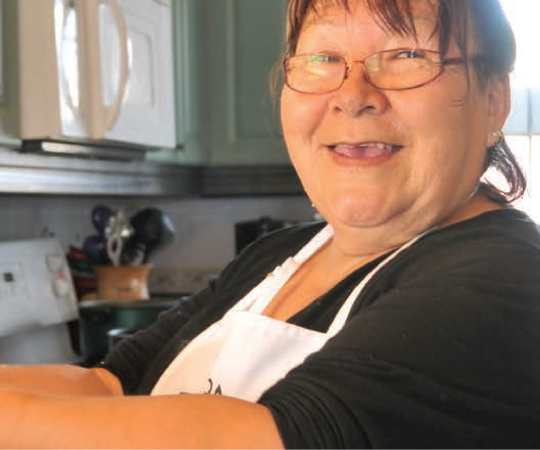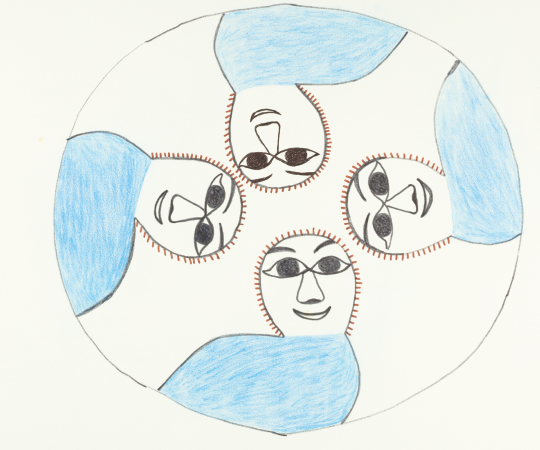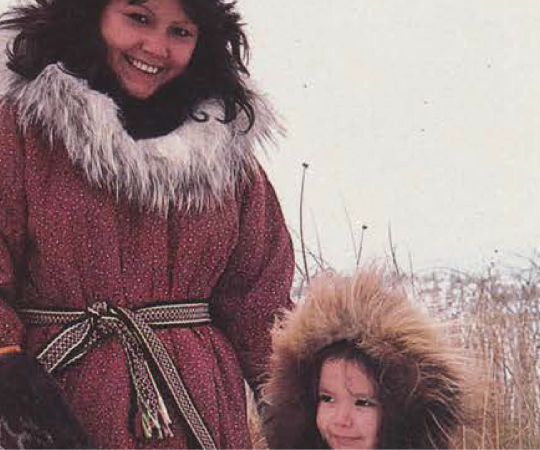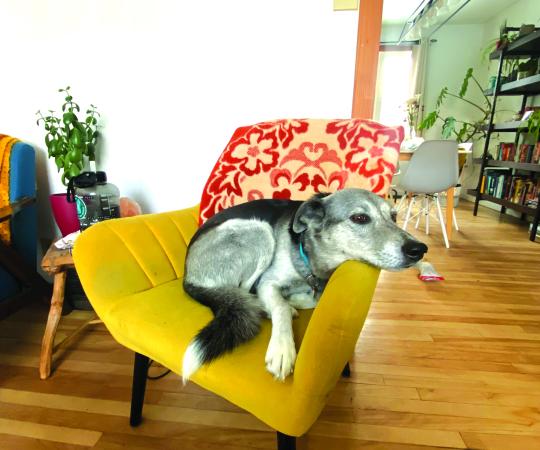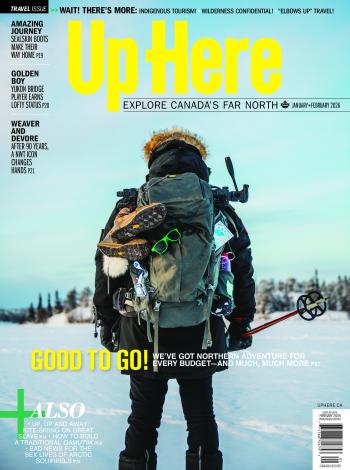The first time Chase Blodgett met a transgender person, more than a decade ago, he didn’t even know what being trans meant. Until then, Blodgett, who was assigned female at birth but transitioned to male more than three years ago, had been a “proud lesbian,” he says. He turned to the Internet, watching YouTube videos of people documenting their journey transitioning from one gender to another. He was fascinated. “I was like, ‘You can do that?’” he says.
Growing up in Ontario, Blodgett was like one of the boys, wearing his hair short and playing with male classmates at recess. As he got older, women in public washrooms sometimes mistook him for a teenaged boy and would yell at him to get out or hit him with their purses.
In 2009, after graduating from university, Blodgett moved to Mayo, Yukon for a teaching job. Students called him “Blodge.” One teacher told him that was too informal, but Blodgett wanted a moniker that was gender-neutral. He was trying to avoid “Ms.” and didn’t feel he could ask the kids to call him “Mr.” Still grappling with gender, he asked a friend to use male pronouns when referring to him so he could see whether he connected with them. “It felt so natural,” he says. “It felt so me.”
In 2014, Blodgett mailed letters to his family, including a photo of himself holding a balloon that said, “It’s a boy!” He posted a coming-out video on Facebook. When the Whitehorse Women’s Hockey Association, a recreational league in which Blodgett plays goalie, released a policy accepting trans men and women, he was thrilled. He worried he’d have to give up the hockey community he loved.
Blodgett changed the sex designation on his birth certificate in Ontario, where he was born. But he learned it wasn’t so straightforward to do in the Yukon. In order for trans people born in the territory to change the gender on their birth certificate, the Vital Statistics Act required they first undergo gender-confirmation surgery—a procedure in which a person’s body is altered to match their gender identity. Many provinces had already amended their laws to remove this requirement. “It was discriminatory,” says Blodgett.
He also learned the territorial Human Rights Act didn’t include gender identity (a person’s own experience of their gender, such as male, female, or neither) or gender expression (how a person publicly presents their gender, through clothing, hairstyle, or pronouns, for example). This was another amendment most provinces had already made. Blodgett started telling his story to local media to pressure the government to modernize its laws.
Throughout this time, Blodgett began taking testosterone shots and watched his body change: his shoulders broadened, hairline receded, facial hair grew in. “It was the first time in my life I could look in a mirror and actually recognize the face coming back,” he says.
He also decided to have chest-masculinization surgery, or top surgery, during which female breasts are removed. Blodgett applied for territorial health coverage for the procedure, but was denied several times. So he filed a human rights complaint, arguing that because he had been diagnosed with gender dysphoria—a condition in the Diagnostic and Statistical Manual of Mental Disorders that means a person’s gender identity doesn’t match their assigned gender—he was being denied necessary treatment. “Suddenly, approval came through,” he says.
Blodgett underwent top surgery in July 2016—the first time the government had covered the procedure. Before this, he had heard some Yukoners moved to British Columbia to transition because, there, a path had already been forged. The province had a policy around how to apply for coverage for gender-confirmation surgery. In the Yukon, no such policy existed.
Last summer, nearly three years after Blodgett went public with his transition, the new Liberal government amended both the Vital Statistics and Human Rights acts. Blodgett is pleased about that, but he takes issue with some of the requirements, outlined in a policy released in October, to qualify for coverage of these surgeries. He calls it “archaic” and wants to see comprehensive coverage, which he says this policy does not provide. He also wants to see the creation of a paid advocacy position for trans, two-spirit, non-binary, and intersex people. “When I was going through a big change like that, there was nobody to help me,” says Blodgett, who has since founded the support group All Genders Yukon. “If I were transitioning in any other jurisdiction, there would already be a policy, there would already be people who advocated for it, there would already be doctors who are qualified and trained.”
People think trans issues only affect trans people, Blodgett says, but gender stereotypes affect everyone, from boys who are told they shouldn’t cry, to girls who are discouraged from entering male-dominated professions. “I don’t know a single person who hasn’t felt limited, constrained, or humiliated because of somebody imposing a gender-based stereotype on them.”
Legal Changes: North of 60
Yukon
June 2017 - Amended Human Rights Act, making discrimination on the basis of gender expression and identity illegal. Amended Vital Statistics Act, removing the requirement for gender-confirmation surgery before changing the sex designation on one’s birth certificate.
Nunavut
March 2015 - Amended Vital Statistics Act, removing the requirement for gender-confirmation surgery before changing the sex designation on one’s birth certificate.
March 2017 – Amended Human Rights Act, making discrimination on the basis of gender expression and identity illegal.
Northwest Territories
2002 – Added gender identity to its Human Rights Act—the first jurisdiction in Canada to do so. (The act does not include gender expression.)
July 2017 – Amended Vital Statistics Act, removing the requirement for gender-confirmation surgery before changing the gender on one’s birth certificate. Introduced a third gender option—X—for non-binary people.
